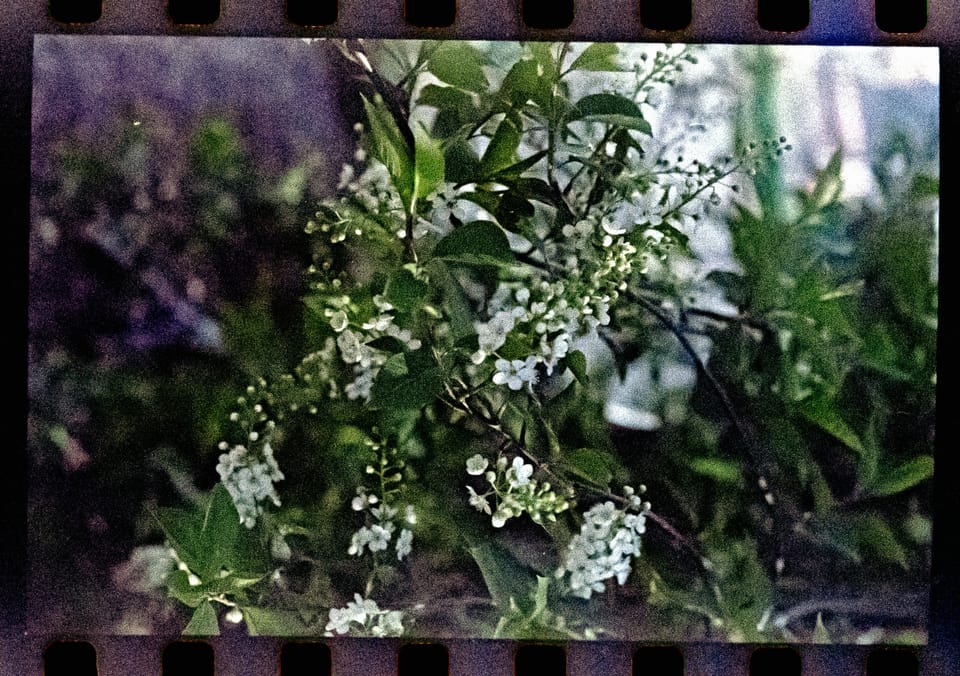Between places #1


London to Devon: an inner journey penned on the move
On the train between London and Devon again. Once again, leaving the city behind and heading way out west, where tangled laneways lead to the sea. On a day like today, the rain runs off the thatched cottages like ghostly fisherman’s tears, while in London men tug up their collars and dart under awnings to vape.
I moved from my native London to a historic market town in Devon in late 2023, well before I hit the milestones of partner and babies. According to the most recent national census, I’m not alone. Aside from Westminster, every Borough in the Big Smoke is seeing a decrease in the relative size of its young population – part of pattern analysts refer to as The Great Aging. As if the stones themselves are shrivelling and the tarmac’s black fading to grey.
•••
It wasn’t just the rental prices that pushed me out. The truth was that I felt burned up and burned out by my home city: its pressures, expectations, crowds and cruelty. I wanted to see the seasons smile. I wanted to know the name of the person who baked my bread. I wanted to eat berries that didn’t taste like chemicals and South Africa.
Several other friends around my age also moved here from London sans partner. One longed to shock her skin in the River Dart every morning. Another to retrain as a regenerative farmer, believing that, with the various crises facing our world, growing her own food would be worth more than money within our lifetimes.
•••
The first few nights I slept in my first home in Devon, an isolated cabin, the silence frightened me. Unblinking windows revealed the most impenetrable darkness I’d ever seen. It was an Indian summer and I left the sliding doors so wide an owl flew in. In the mornings I collected papery pink rose petals and steamed my face, the skin on my thighs sighing under the sun’s caresses. Baffled by the lack of pavements on the walk to town, I huddled in the hedgerow as trucks thundered past at 60 mph.
After answering a Facebook post a few months later, I moved into a rambling house shared with three other women. There was a hole in the roof and on rainy nights drips pulsed like the structure’s soggy heartbeat. We repainted the bathrooms, dug a vegetable patch and pooled money to make the kitchen feel more like home. A spice rack sprang up; by the cooker, a board laden with oils and Himalayan salt.
•••
No matter how long you’ve lived there, no one has roots in London. It’s too fast, too transient. Its streets supposedly contain every language that exists on earth, a linguistic experiment of baffling complexity. The City that survived the Romans, the plague and the Great Fire now has buildings shaped like cheese graters and gherkins. Last summer, I saw a woman wearing a bikini made of My Little Pony toys walking down Dalston High Street without attracting a glance. Londoners have seen it all, done it all and don’t remember most of it.
It’s both thrilling and confusing, this two-pronged life. My rambling shared house and the women within feel like home but I go to London at least once a month to bathe in its aliveness. Leaving the city for good would be like losing a leg. Is having multiple bases a reflection of the reality of remote work or is trying to build two homes the same as not really having any in the end?

This month’s recommendations
Travelling I’m very much at home in Devon plotting my stories for this year. However, I’m curious about volunteering with Rewilding Apennines, the Italian division of the European Rewilding Network, and am following the progress at Traditional Dream Factory, a regenerative village in Portugal that offers residencies and camping.
Reading Ghost Town by Jeff Young (Little Toller Books), a meditation on longing that follows the author’s attempts to trace the Liverpool of his 1950s childhood. This contains some of the most evocative place writing I’ve ever seen, I thoroughly recommend it to any writers seeking inspiration.
Growing I recently completed Kathryn Aalto's excellent masterclass about research – which is really the foundation of compelling non-fiction – and am considering joining Character in Nonfiction: Breathing Life Into Real People on 8 February.

On my desk this month
Lots of people get in touch asking how being a professional writer works, so I thought I’d share a little here. Although my passion is writing journalistic features about community-led tourism, I frequently take on projects outside this remit to diversify my income and keep on expanding my skill set.
- Writing 3 x features about wellness for a property company’s residential magazine
- A copywriting project for a beautiful eco-resort in Cambodia that recently achieved B Corp status
- Putting a lot of work into researching/planning my forthcoming stories in Mexico, which revolve around regenerative farming and female empowerment
- Writing a story about female-led community tourism experiences in India’s Golden Triangle for an indie print magazine
- Hosting a FREE creative writing circle at my house in Devon. I'm considering offering some virtual circles again, let me know if you'd be interested.

My stories elsewhere
From magazine articles to social media
How ecotourism in Oaxaca is helping communities reconnect with their Indigenous routes, Wanderlust
My top 3 ethical travel experiences 2024
Of course, you can always buy my book
The Ethical Traveller: 100 Ways To Roam The World Without Ruining It
I hope your inner and outer travels are whatever you need them to be this month. Thank you for being here.
Love Imogen

Member discussion